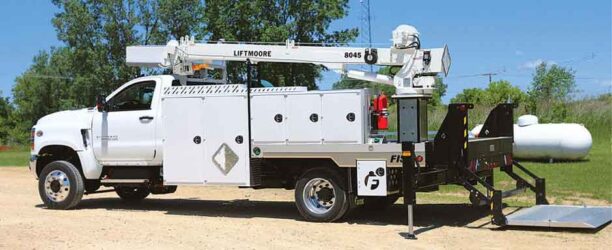Propane Service Packages: Tailoring to Customer Needs

Creating propane service packages that cater to different customer segments can significantly enhance customer satisfaction and increase loyalty. Let’s explore how propane businesses can design service offerings to meet the diverse needs of their customer base.
Understanding Customer Segments
The first step is to define your customer segments clearly. Typical segments include residential users, commercial businesses, agricultural operations, and industrial facilities. Each segment has unique needs and usage patterns.
Residential Packages
Convenience and safety are the top priorities for residential customers. Packages for this customer segment might include automatic delivery services, emergency response services, and regular maintenance checks. Offering budget plans that spread costs out throughout the year can also appeal to household budgets.
Commercial Solutions
Commercial clients, such as restaurants and hotels, require reliable and consistent propane delivery to ensure that their business operations run smoothly. Service packages for these customers should include flexible delivery schedules, more extensive storage solutions, and on-call customer support to manage unexpected increases in demand.
Agricultural Services
Agricultural clients use propane for various purposes, from crop drying to heating livestock facilities. Tailored services for this segment may include seasonal delivery schedules aligned with harvesting times, bulk storage solutions, and competitive pricing during high-use seasons.
Industrial Contracts
Industrial customers might need high-volume supply contracts with stringent delivery timelines. Packages for industrial clients can include on-site fuel management services, integration with production processes, and detailed usage reporting to help with forecasting and budgeting.
Customizable Options
Offering customizable options within these packages allows customers to feel as though they are in control and can tailor services to their needs. This could involve selecting different delivery schedules, opting for add-on services, or even choosing among various flexible pricing options.
Loyalty Incentives
Encourage long-term contracts and repeat business by integrating loyalty programs or discounts for early renewals. These incentives can increase customer retention and overall satisfaction.
Technology Integration
Utilizing technology such as customer portals where clients can manage their accounts, schedule deliveries, and make payments can add great convenience and enhance the customer experience. Advanced monitoring technologies can also predict when propane levels are low, triggering automatic scheduling of deliveries.
Marketing and Communication
Effectively marketing these packages is essential. Clear communication about the benefits of each package, supported by testimonials and case studies, can help persuade potential customers to commit to them. Regular newsletters, updates, and informative content, both via direct mail and online, can keep customers engaged and informed about their services and any new offerings you may have available.
Feedback Mechanisms
Implement mechanisms to gather feedback on your service packages to continuously improve and adapt to changing customer needs. This could be through online surveys, customer meetings, or in-person suggestion boxes.
By designing thoughtful and tailored propane service packages, companies can meet the diverse needs of their customer base, ensuring satisfaction across all segments. This strategic approach improves customer relations and boosts the business’s bottom line through increased sales and enhanced client loyalty.
















